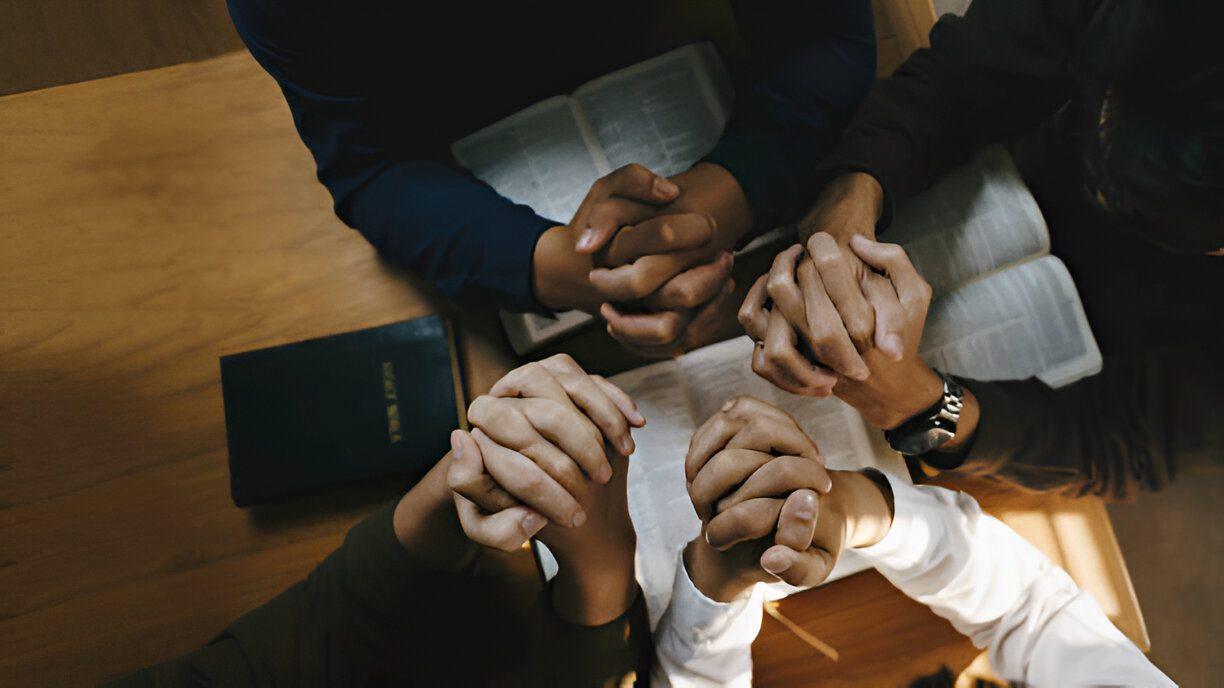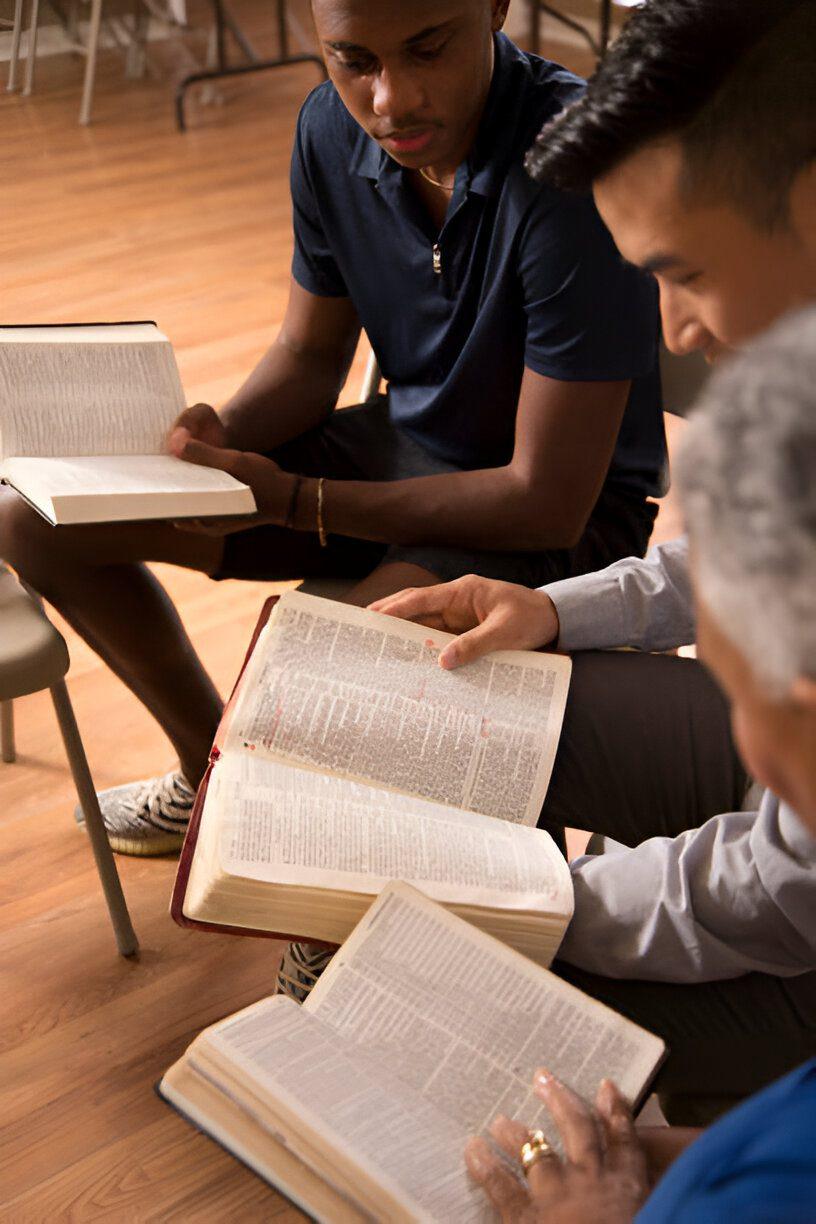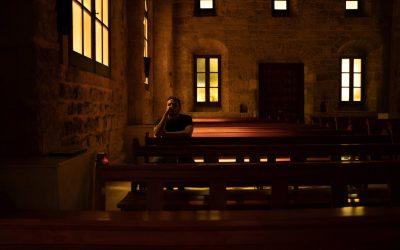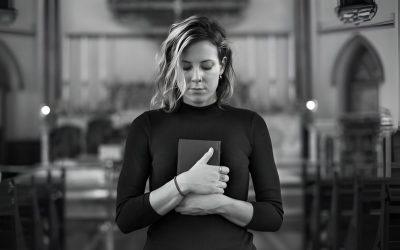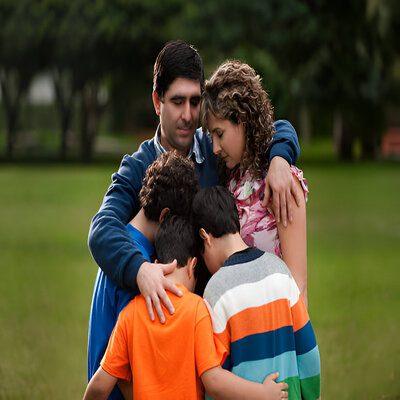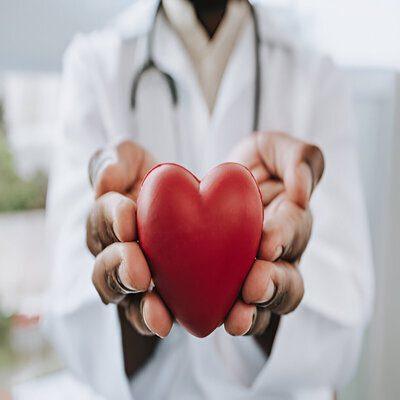The Shared Journey Through Grief
Grief can feel profoundly isolating, shaking our emotional and spiritual foundations. Yet, within faith communities lies a beacon of hope—comfort, shared sorrow, and a reminder that no one has to grieve alone. Through prayer gatherings, acts of service, and spiritual fellowship, faith-based support provides emotional and practical strength, lightening the heavy burden of loss.
Even in the darkest valley, collective mourning eases isolation, validating each person’s sorrow while nurturing resilience and a steadfast trust in divine presence.
The Shared Journey Through Grief
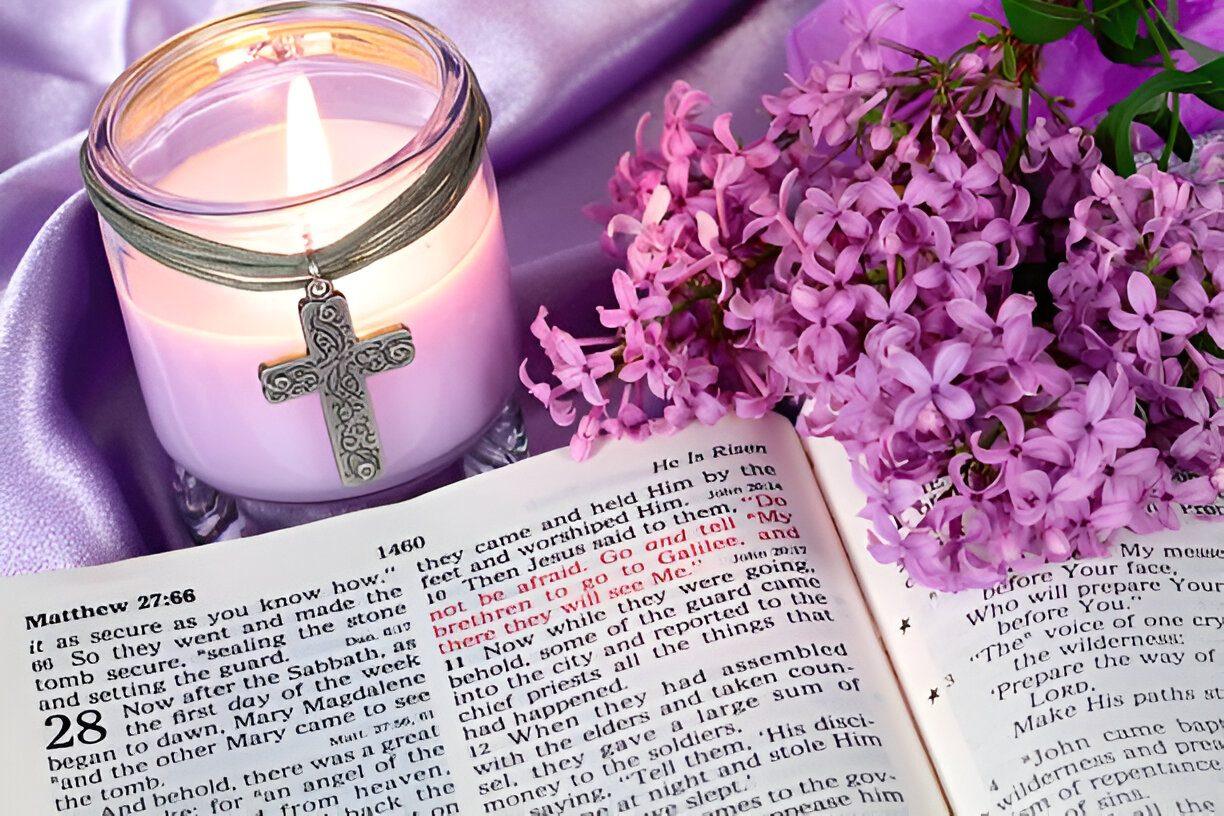
Grief can feel profoundly isolating,
shaking our emotional and spiritual foundations. Yet, within faith communities lies a beacon of hope—comfort, shared sorrow, and a reminder that no one has to grieve alone. Through prayer gatherings, acts of service, and spiritual fellowship, faith-based support provides emotional and practical strength, lightening the heavy burden of loss.
Even in the darkest valley, collective mourning eases isolation, validating each person’s sorrow while nurturing resilience and a steadfast trust in divine presence.
From Isolation to Communion: Embracing Faith Community in Times of Loss
Grief is deeply personal but also a shared human experience—faith communities recognize this dual reality, offering emotional and spiritual encouragement to those in mourning. While sorrow may be personal, it should not be shouldered in solitude. Faith-based communities validate heartache, reminding believers that God, and those who love Him, stand ready to uplift, serve, and heal in unity.
Understanding Grief: A Personal Yet Shared Experience
Grief is not solely an emotional event—it’s mental, physical, and spiritual. While each person’s journey is unique, faith communities highlight that pain, though personal, is never meant to be borne alone. Many traditions describe grief as a winding path—no single formula but a mix of sorrow, hope, yearning, and fleeting relief.
Key Constant: the power of a caring community to validate emotions, share burdens, and shine light on the darkest roads.
Faith as a Source of Strength in Grief
While deep sorrow can shake belief, faith equally offers solace—viewing loss not as a final end but part of a bigger, hopeful narrative.
1. Shared Beliefs & Scripture-Based Comfort
Sacred texts provide wisdom and reassurance, reminding mourners that pain, while real, is not everlasting:
- ✅ “Blessed are those who mourn, for they will be comforted.” — Matthew 5:4
- ✅ “He will wipe every tear from their eyes…” — Revelation 21:4
- ✅ “The Lord is close to the brokenhearted…” — Psalm 34:18
2. Spiritual Guidance & Pastoral Counseling
- 🔹 Pastors, rabbis, imams, or spiritual mentors can help process sorrow in a faith-based context—resolving doubt, anger, or confusion toward God’s plan.
- 🔹 One-on-one spiritual counseling supplies a safe environment for honest questions and emotional release.
3. Community Worship & Healing Rituals
- ✅ Prayer circles unify hearts, offering comfort and collective petitions.
- ✅ Meditation or scripture reflection quietly grounds grief in divine promises.
- ✅ Communal worship underscores that heartbreak is never faced in isolation.
🎭 Analogy: Faith-driven worship acts like a lighthouse in the storm, guiding each weary heart to steadier ground.
Challenges & Considerations in Faith-Based Grief Support
While community offers invaluable help, we must remember:
- 🔹 Everyone grieves differently; spaces should respect varied emotional expressions.
- 🔹 Avoid dismissive clichés like “It’s God’s will” if not contextually sensitive. Genuine compassion trumps easy platitudes.
- 🔹 Some may question faith amidst loss—welcome them warmly, letting them explore doubts without judgment.
The Role of Community in Validating Grief
-
Emotional Validation
- 🔹 In grief, emotions can swing wildly—faith communities provide safe spaces where tears and questions meet understanding, not judgment.
- 🔹 Simply having others listen and dwell with you in sorrow diminishes loneliness.
📖 Biblical Reassurance: “Rejoice with those who rejoice; mourn with those who mourn.” — Romans 12:15
-
Shared Mourning Rituals
- ✅ Memorial services & candlelight vigils bring communal acknowledgment of grief.
- ✅ Prayer gatherings & scripture readings anchor hearts in God’s comfort.
- ✅ Annual remembrance ceremonies ensure a loved one’s memory remains collective.
-
Long-Term Support Beyond the Funeral
- 🔹 Faith-based grief groups for ongoing encouragement.
- 🔹 Spiritual leaders offering counsel well after immediate loss.
- 🔹 Remembrance events on anniversaries or milestones, preserving shared healing.
🎭 Analogy: If grief is a heavy load, faith-based community is many hands lifting together, easing an otherwise crushing burden.
Practical Support: Easing Everyday Burdens
Grief can deplete physical, mental, and emotional energy. Faith communities often step in with tangible assistance:
-
Meal Trains & Home Visits
- ✅ Providing meals, running errands, or simply offering presence fosters a sense of being cherished and understood.
-
Logistical Help
- 🔹 Transport assistance for appointments or errands.
- 🔹 Support in arranging memorial services and scheduling.
Acts of Service: Healing Through Helping
Some find purpose in giving back, turning personal grief into empathy for others:
- ✅ Volunteering in memory of the departed.
- ✅ Mentoring others newly bereaved.
- ✅ Participating in faith-driven outreach or community projects.
📖 Biblical Encouragement: “Give, and it will be given to you.” — Luke 6:38
🎭 Analogy: Serving others in your sorrow is like planting flowers in ashes—beauty and hope can flourish from pain.
“I thought I had to suffer alone after my wife died, but my church family refused to let me isolate. Their prayers, visits, and simple presence showed me that grief isn’t meant to be faced solo—God works through community.”
— James White
Things To Try This Week
Attend a Faith Gathering
-
- Whether a small prayer circle or regular service, let communal worship be a balm for your sorrow.
Memorialize Together
-
- Organize a simple group remembrance, sharing stories, lighting candles, or reading comforting scriptures.
Reach Out to Someone New
-
- If you see another grieving person in your faith community, invite them for coffee or a walk. Shared sorrow can become mutual solace.
Conclusion
The Collective Strength of Community
If grief is a storm, faith-based communities are the lighthouses, ensuring no one navigates the darkness alone. Through emotional validation, spiritual assurance, practical assistance, and meaningful acts of service, faith not only comforts the wounded heart but fosters enduring healing.
Though loss may shatter hearts, coming together in faith—praying, sharing, and uplifting—allows those pieces to be mended with love, hope, and the abiding sense of God’s presence.
🎭 Final Analogy: In the bleakest moments of mourning, community stands as a beacon—offering not just support, but the promise of renewed faith, love, and eventual wholeness.
You are not alone. Faith and fellowship will help carry you through the valley of grief, guiding you toward healing, love, and everlasting hope.
When sorrow feels overwhelming, faith-based community reminds us we’re not alone—God and a circle of supportive hearts stand by us.
Each prayer, each act of fellowship, can bring light to the darkest nights of mourning. Our cherish collections below offer uplifting ideas, faithful keepsakes, and compassionate resources to help you and your community discover renewed comfort and deeper hope.
More Reflections, More Growth
Loss is complex, and the road to healing is different for everyone. These reflections offer insight, support, and guidance as you navigate this journey.
When Grief Weighs on Mind, Body, and Spirit: Understanding the Silent Toll of Loss
Grief touches every part of us—the mind, body, and spirit. From cognitive fog to broken heart syndrome, this guide explores the full spectrum of grief’s effects and offers insights into how we can heal and carry the weight of our loss.
Debunking the “Time Heals All Wounds” Myth: Transforming Grief Through Active Healing
Grief doesn’t fade with time—it requires active participation and healing. Learn why “time heals all wounds” is a myth and how engaging in grief through expression, ritual, and support can lead to true emotional recovery.
Divine Timing or Unfair Loss? Reconciling God’s Plan with Grief
Grief challenges our faith, leaving us questioning God’s plan. This article explores how to reconcile the pain of loss with trust in divine timing and find healing through faith.
When Faith Feels Distant in Grief: Finding Strength in Community and Spiritual Reconnection
Grief can create a crisis of faith, leaving many feeling disconnected and lost. This article explores how faith can evolve through loss, the power of community, and how to rebuild spiritual strength during grief.
Faith-Based Coping Strategies for Managing Grief and Loss
Grief is overwhelming, but faith can offer healing. Learn how to navigate loss with the help of prayer, scripture, and community support. Find comfort and strength as you cope with life’s most difficult challenges.
The Link Between Grief and Heart Problems: Why Loss Can Literally Break Your Heart
Grief doesn’t just affect the heart emotionally—it has real physical consequences on cardiovascular health. Learn about the link between grief and heart problems, including Broken Heart Syndrome, and discover how to protect your heart during mourning.
Grief and Weight Changes: Why You Might Lose or Gain Weight After a Loss
Grief can lead to significant weight changes, whether through appetite loss or emotional eating. This page explains the science behind grief-related weight fluctuations and offers guidance on how to manage these changes during the healing process.
When Grief and Insomnia Collide: Why You Can’t Sleep After a Loss (And How to Fix It)
Grief affects more than just the heart—it has profound physical effects. This page explores how grief impacts the body, from stress responses to immune system suppression, and offers tips on how to care for your body while grieving.
Why Does Grief Make You Feel Sick? The Science Behind Grief’s Impact on Your Body
Grief isn’t just emotional—it’s physical. While many expect to feel sadness or mental fatigue after losing someone significant, fewer anticipate the profound bodily aches, exhaustion, and even flu-like symptoms that grief can trigger. By disrupting...
Explore Journeys of Healing and Solace:
Discover dedicated spaces that offer understanding, guidance, and connection through grief. From the loss of loved ones to life’s challenging transitions, each category provides a pathway to reflect, connect, and find peace in shared experiences.

